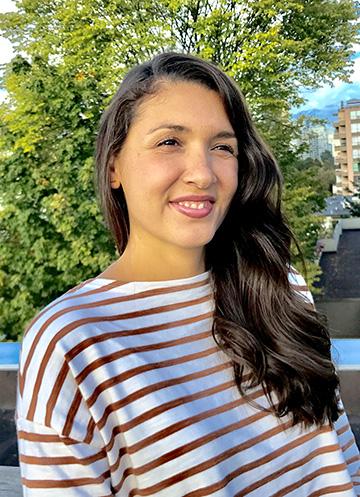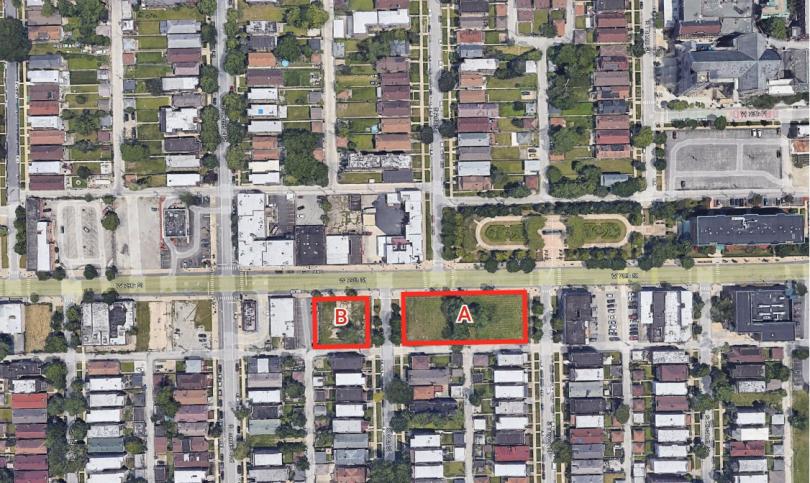Conceiving of Indigenous Political Ecologies through Movement

In this presentation, I consider how a movement analytic, or a focus on Indigenous mobilities, helps in conceiving of Indigenous political ecologies. I focus on extractivism, including mining, that have shaped colonial relations in Treaty 9 territory in northern Ontario Canada, the homelands and waters of the Mushkegowuk (Cree), Anishinaabe and Oji-Cree peoples. Drawing on qualitative interviews, oral histories and archival records, one my aims is to contribute to Indigenous conceptions of political ecology by considering how place, in this case the place of the muskegs (or Treaty 9), is storied and stretched through Indigenous movement, including Indigenous water mobilities. I focus on movement as forced relocation and displacement to examine how Canadian settlement, and its reliance on extractivism, has undermined Indigenous kinship and relational obligations in the muskegs. Building on this, I’m also interested in how movement is shaped by Indigenous knowledge, praxis and political resurgence, and how relational obligations are sustained and remade through autonomous mobility practices. I end by considering how a movement analytic expands on understandings of Indigeneity and possibilities for Indigenous futures.  Michelle Daigle is Mushkegowuk (Cree), a member of Constance Lake First Nation in Treaty 9, and of French ancestry. She is an Assistant Professor at the University of Toronto with a cross-appointment in the Department of Geography and Planning and the Centre for Indigenous Studies and holds a Canada Research Chair in Indigenous Geographies. Drawing on collaborations with Indigenous communities and organizations, her research examines Indigenous life-making practices amid the global conditions of colonial capitalist violence. Her current project focuses on the renewal of Indigenous kinship that emerge through Mushkegowuk waterways and how an ethics of care informs conceptions of anti-colonial futures. Her writing has been published in Progress in Human Geography, Annals of the American Association of Geographers, Antipode, Environment & Planning D, Political Geography and The Journal of Peasant Studies, and she recently co-edited Land Back: Relational Landscapes of Indigenous Resistance Across the Americas with Heather Dorries which was published with Harvard University Press in 2024.
Michelle Daigle is Mushkegowuk (Cree), a member of Constance Lake First Nation in Treaty 9, and of French ancestry. She is an Assistant Professor at the University of Toronto with a cross-appointment in the Department of Geography and Planning and the Centre for Indigenous Studies and holds a Canada Research Chair in Indigenous Geographies. Drawing on collaborations with Indigenous communities and organizations, her research examines Indigenous life-making practices amid the global conditions of colonial capitalist violence. Her current project focuses on the renewal of Indigenous kinship that emerge through Mushkegowuk waterways and how an ethics of care informs conceptions of anti-colonial futures. Her writing has been published in Progress in Human Geography, Annals of the American Association of Geographers, Antipode, Environment & Planning D, Political Geography and The Journal of Peasant Studies, and she recently co-edited Land Back: Relational Landscapes of Indigenous Resistance Across the Americas with Heather Dorries which was published with Harvard University Press in 2024.





 Prof Eugene McCann, Simon Fraser University
Prof Eugene McCann, Simon Fraser University